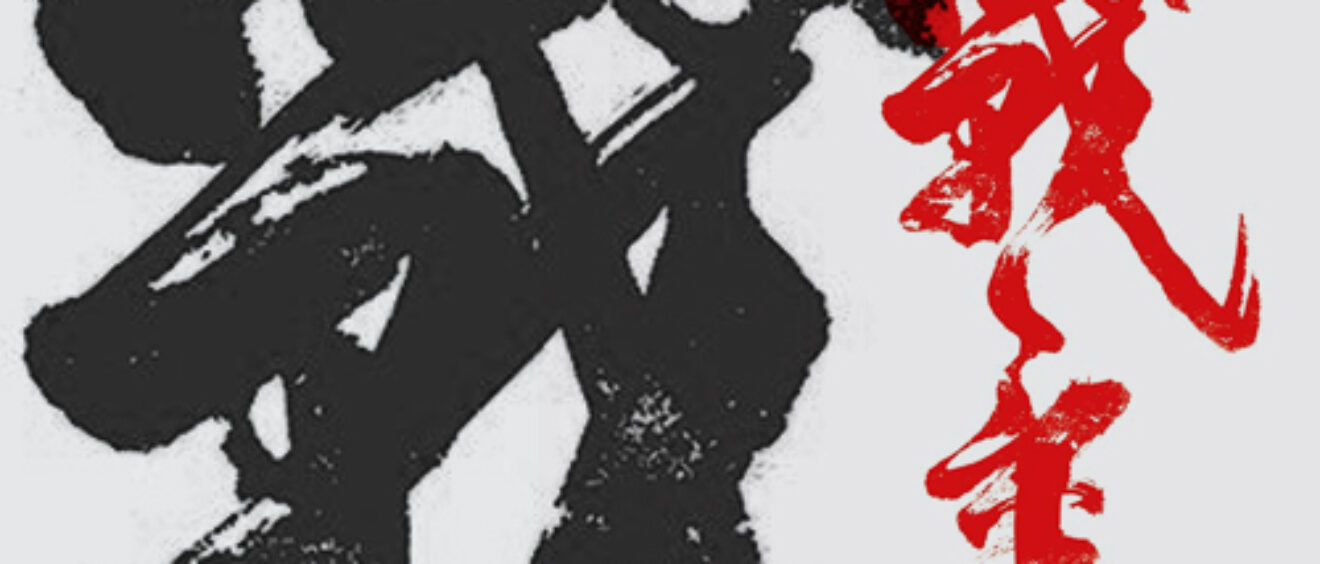
Senki—Battle Spirit

Musashi’s hachimaki headband fluttered to the ground, sliced at the front knot by the whistling downward stroke of a fearsome samurai sword.
Each man had used the same jodan technique, sword held above the head, with a straight attack aimed at the opponent’s forehead. It was an explosive moment, when two-exquisitely trained samurai tested the very limits of human skill and valor.
Musashi was still alive. His opponent was not.
This duel, which became the most famous swordfight in the storied history of the samurai, took place at ocean’s edge on a remote island in western Japan. Almost 30, Musashi had gone undefeated in a record 61 duels. He was a paragon of martial prowess.
But what made Musashi truly legendary is what he did next.
Climbing aboard a small boat to leave the island, he embarked on an intentional journey to explore the full spectrum of human creative potential.
Looking back on the duel in The Book of Five Rings, Musashi wrote:
“After that, determined all the more to reach a clear understanding of the deep principles, I practiced day and night.”
Those “deep principles” took him in a profoundly new direction. For the next 30 years, Musashi embraced a spectrum of creative arts—ink drawings of nature, Zen garden design, calligraphy, sculpture, and of course, writing—anything that could help him discern the wellspring of human creativity.
He kept one foot planted in the world of martial arts. He remained active as a samurai swordsman until the end of his life. But his remaining bouts were all defensive, aimed at instructing an opponent without physical harm.
But his pivot to the “deep principles” of the arts resulted in a treasure trove which embodies the human capacity to grow and create.
Musashi captures the essence of his Samurai Pivot in a famous piece of calligraphy. He boldly sketches out two unforgettable characters that read, senki, or Battle Spirit. He then counterbalances that martial confidence with the first line of a couplet from the famous T’ang Dynasty poet, Bai Juyi.
The cold current holds the moon, its clarity like a mirror;
Musashi confidently expected, demanded, that the reader know and supply the second line of the couplet.
The evening wind merges with the frost; piercing like a sword.
Musashi reminds each of us, warrior or not, we must never forget the piercing challenge of the world. We may not face a samurai sword whistling down toward our forehead. But the world can test us at any moment.
And that is the moment when we must pivot toward our destiny, with unblinking trust in our readiness and valor.
![]()
